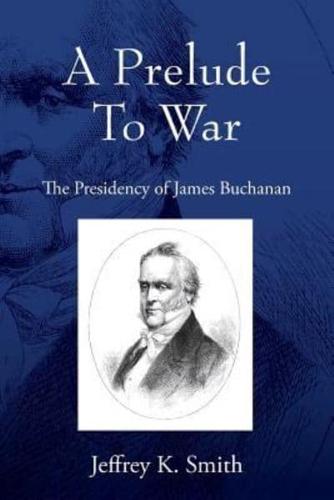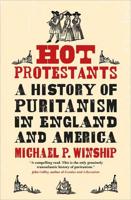Publisher's Synopsis
In October of 2000, the Federalist Society and The Wall Street Journal asked 132 professors of history, political science, and law to rank presidents on a scale from one to five; five equaled "highly superior," while one represented "below average." Ultimately, 78 of the invited scholars chose to participate in the historical exercise. It was not surprising to discover that George Washington finished first in the survey (with an average score of 4.92), and Abraham Lincoln followed a close second (4.87). One of the presidents on the opposite end of the spectrum, Andrew Johnson (with a score of 1.65) was the subject of my 2012 biography entitled "The Loyalist." Johnson, who has the misfortune of succeeding the martyred Abraham Lincoln, was the first president to be impeached, which no doubt contributed to his negative rating. The 15th president of the United States, James Buchanan, with an average rating of 1.33, came in dead last among the 39 chief executives. Interestingly, Buchanan's administration directly preceded Lincoln's. Is it mere coincidence that two of the four lowest-rated presidents were bookends to Lincoln? Did the unfortunate timing of the Buchanan and Johnson administrations subject them to impossibly high standards? Why is James Buchanan regarded as the worse president? The answer is far from simple and is as much a reflection of the troubled times surrounding his administration as it is the of the man himself.








